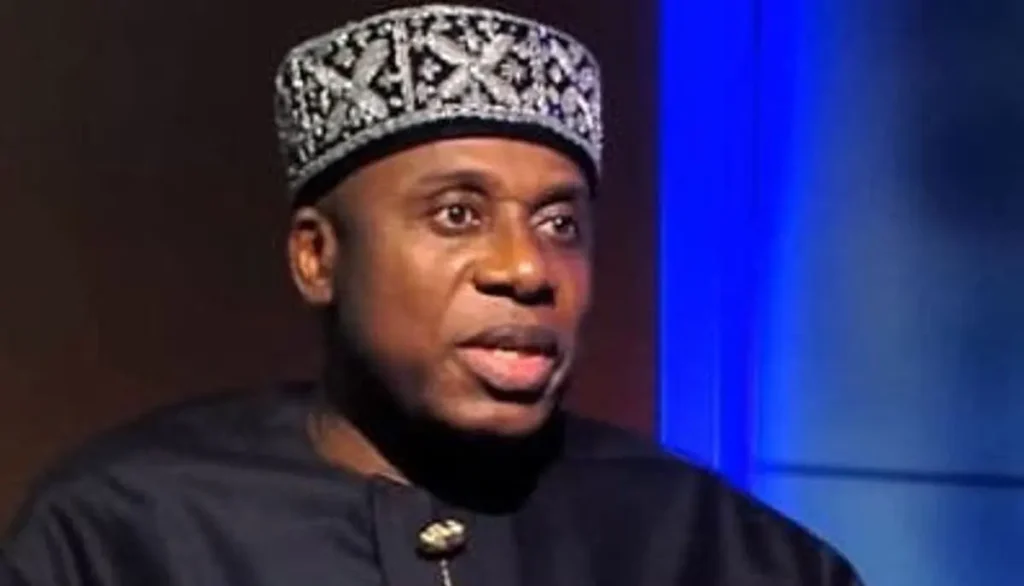Former Minister of Transportation and ex-Governor of Rivers State, Rotimi Amaechi, has explained why he would have implemented some of the economic policies introduced by President Bola Tinubu, had he been Nigeria’s president.
Amaechi made this known while raising serious concerns about the lack of transparency and equitable distribution of policy gains in President Tinubu’s administration.
The two-term Minister claimed that the benefits from these reforms are being diverted into private pockets.
Speaking at his 60th birthday celebration held in Abuja on Saturday, Amaechi offered candid insights into Nigeria’s political structure and the ongoing economic challenges facing the country.
He said that the major conflict among elites is not rooted in ideological differences, but in the struggle to control and share national resources.
READ ALSO:
“In Nigeria, there are no capitalist ideas among the politicians. The quarrel among the elites is about sharing,” Amaechi declared.
The former minister argued that political parties—both ruling and opposition—must prioritise the national interest over personal gain or political rivalry, stressing the importance of unity in addressing Nigeria’s economic woes.
“We want to submit to the opposition if it can lead us out of this problem, and for the opposition to lead us out, we must all agree to submit ourselves to the interest of the nation first.”
While acknowledging that some of President Tinubu’s economic policies are well-intentioned, Amaechi questioned their implementation, especially regarding the removal of fuel subsidies and fiscal reforms.
He lamented that the financial savings and benefits from these policies are not being reinvested into the economy.
“If I were the president, yes, I would pursue some of the policies they are pursuing. But ask what the failure is: the failure is that the gains of those policies are in their private pockets,” he said.
“At a point, we were paying between four to five trillion naira as subsidy, where is the money now? If they dumped it on the economy, you would not be crying.”















